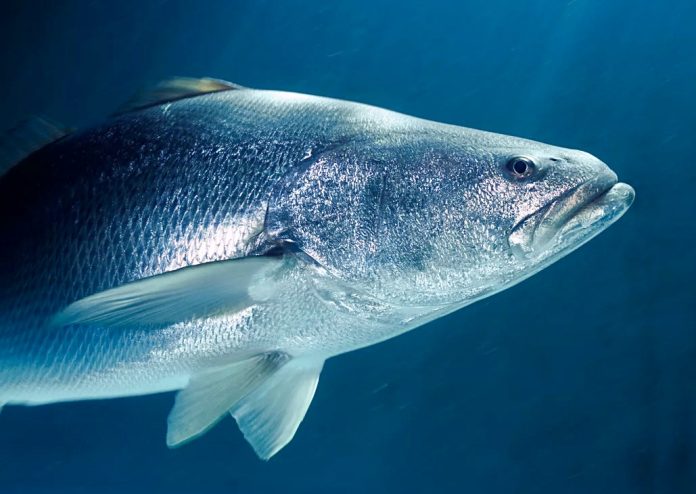
Second Largest Seizure Of Endangered Totoaba Fish Swim Bladders Discovered In San Luis Port, Arizona
You can help all animals and our planet by choosing compassion on your plate and in your glass. #GoVeg
RELATED ARTICLES
Banning Cruelty: New Legislation Aims To Ban Octopus Farming In The U.S.
New bipartisan legislation has just been introduced in the U.S. to ban commercial octopus farming and prohibit imports of farmed octopus from foreign countries.
The...
Outrage In Yellowstone! Grizzly Bear Killed By Wildlife Officials & Left With Head & Paws Cut Off
Photo by: Trisha McFarland / Cowboy State Daily
A photo of a dead grizzly bear with its head and paws cut off has caused an...
Inside Florida’s Illegal Horse Meat Trade: Undercover Footage Shows Racehorse Being Shot & Butchered
A heart-wrenching discovery of illegal horse slaughter has emerged, with video footage exposing the tragic killing of a racehorse named 'Funny Biz,' who was...
Popular stories
News
Police Intercept A Notorious Dog Meat Trader, Saving The Lives Of 53 Terrified Dogs Awaiting Slaughter In Java, Indonesia
Photos By: Dog Meat Free Indonesia (DMFI)
An alleged dog meat trader on the Indonesian island of Java has been arrested and a delivery truck packed with...
News
The Orangutan Project & Rescue Alliances Aim To Provide A Lifeline For Critically Endangered Orangutans That Have Been Trafficked
The Orangutan Project, an organization that focuses on securing the survival of orangutans and other Critically Endangered species in Indonesia, has seen an alarming increase in...
Industry News
Ivory-Free Canada Coalition Condemns Toronto Sportsmen’s Show for Allowing South African Outfitters To Sell Sickening Elephant Hunts & Calls For Ivory Ban
At a time when African nations are contending with an elephant poaching crisis that has caused devastating population declines, it has come to light...


